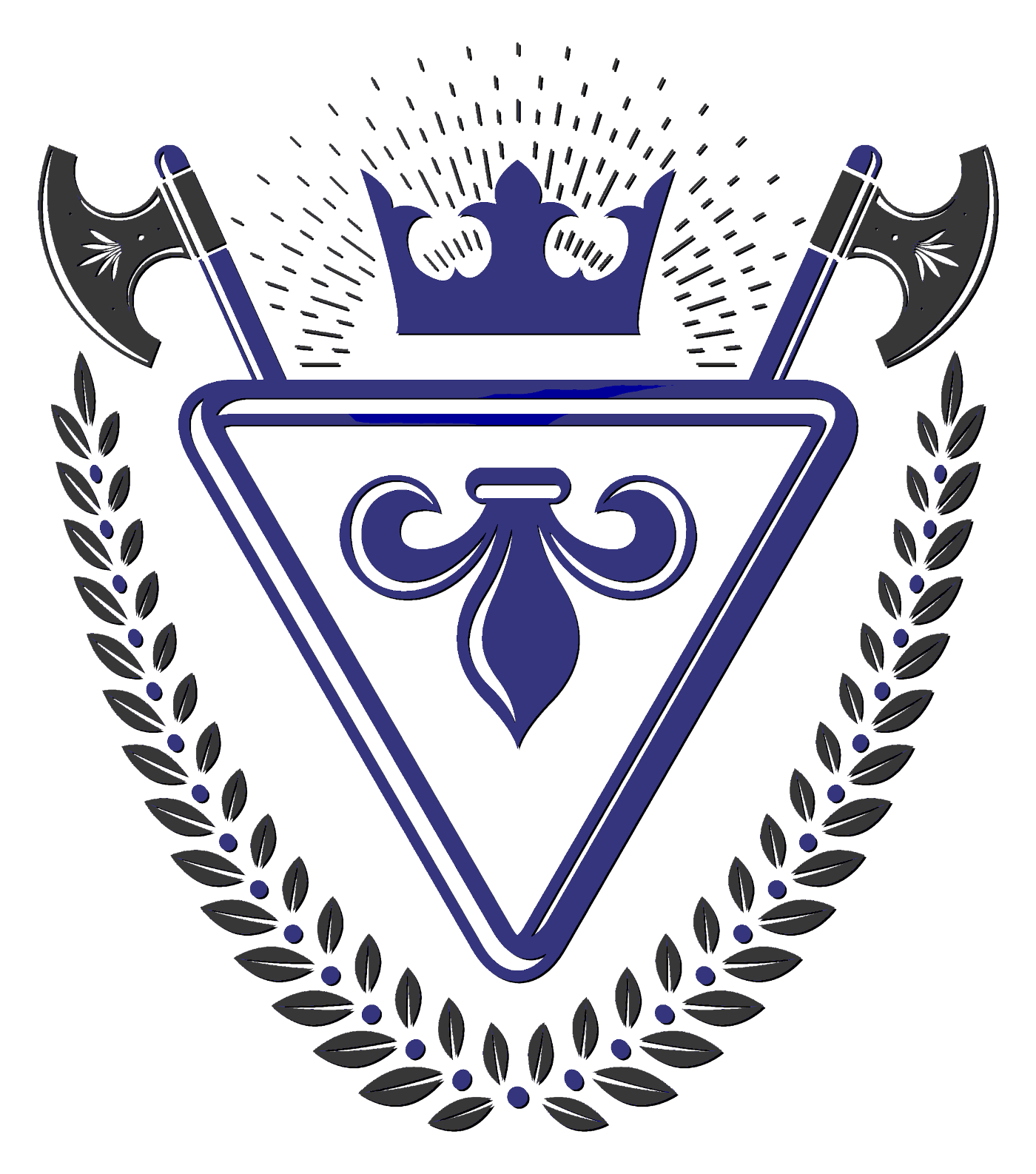Here is a simple way to start creating a language. Tell me how you pronounce that word in the title. Go ahead, give it a shot.

*waits*
Based on how fictional languages usually work, I wouldn't be surprised if you chose "ch-ah-ch" (ch as in church) when you sounded this word out. Or maybe it was supposed to be "ch-ay-ch"... Or "ch-a-ch"? Fantasy languages can be weird...Maybe the consonants are foreign too... What are the options anyway?
ch-ah-ch
ch-ay-ch
ch-a-ch
But also:
k-ah-k
k-ay-k
k-a-k
sh-ah-sh
sh-ay-sh
sh-a-sh
Or maybe they're different both times?
ch-ah-k
ch-ah-sh
k-ah-ch
k-ah-sh
sh-ah-ch
sh-ah-k
ch-ay-k
ch-ay-sh
k-ay-ch
k-ay-sh
sh-ay-ch
sh-ay-k
ch-a-k
ch-a-sh
k-a-ch
k-a-sh
sh-a-ch
sh-a-k
...Gosh, this language can be annoying...
Or incredibly useful. We have tonal languages, so why not pronounciational (yes, that's a word now because I am a fantasy writer) languages? The list above could now be a word family that is all spelled chach (perhaps with symbol differences) that could represent a number of different things with a single root word. For verbs, that could mean the following:
ch-ah-ch -to swim
ch-ah-sh - swimming
ch-ah-k - swam
sh-ay-k -his leg
sh-ay-sh -her leg
k-ay-k -his legs
This is the part where the linguistic purists stop and say, "Hey, wait a minute. Those letters make different sounds in the English language because of the different root languages to have influenced it, so it doesn't really work to have a word family like that. It makes no sense."
They're right of course, so here is how we work with that. Write down what I just paraphrased them saying on a piece of paper. Now crumple it up into as small a wad as you can. Now put it on the sidewalk and beat it flat with a sledge hammer.
*waits*
Now take a knife and cut it into the shape of a star, grab a sling shot, shoot it at the sky, and make up a good reason for it to shine there. Because you're a world building, by gum, and you wouldn't have gotten into this line of thinking if you couldn't make the illogical sound good! (but, if you're a linguistic purist, that's cool too

)
Anyway...
I think this system works particularly well for a language that might not be in writing yet, or maybe they do have spelling differences but still have similar meanings. I don't know. That's up to you. I have provided the flour, you may bake the cake.





 How can I not die over that?
How can I not die over that?
 )
)